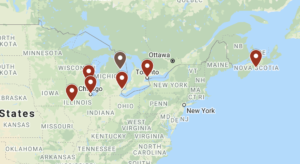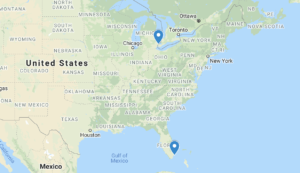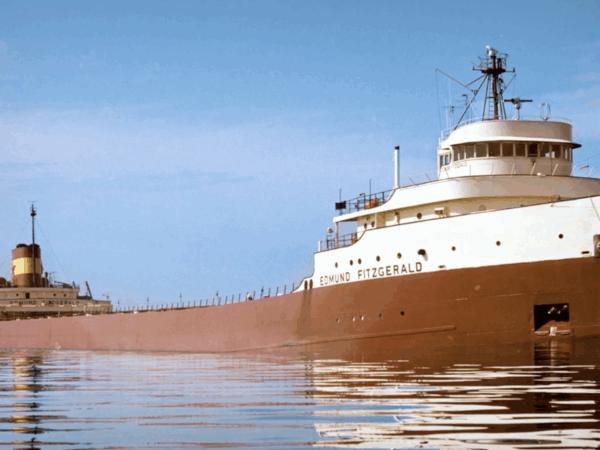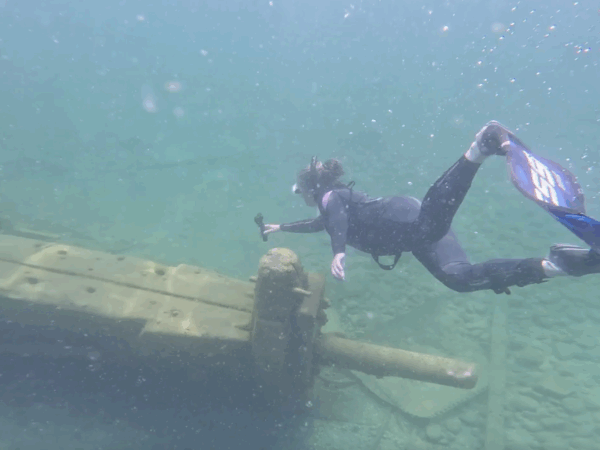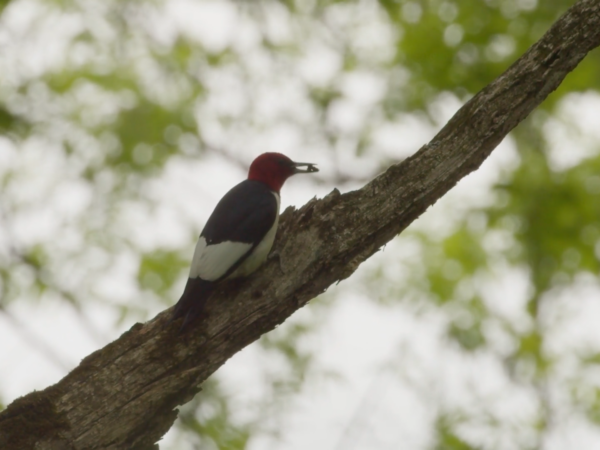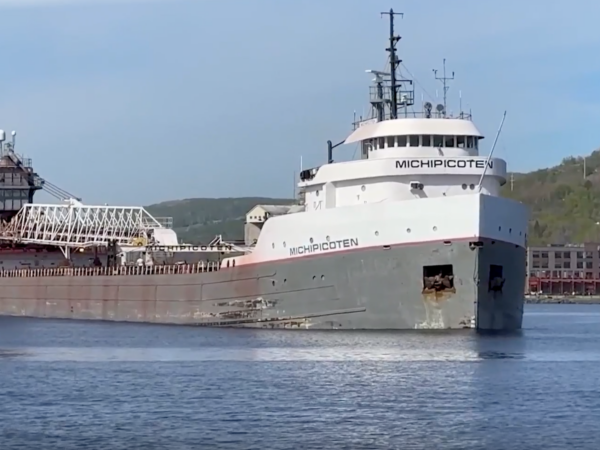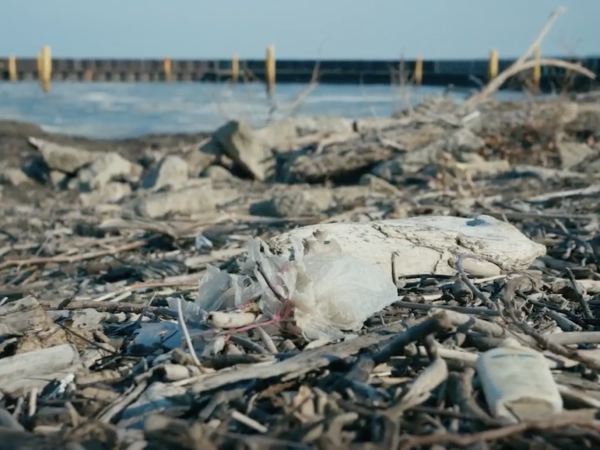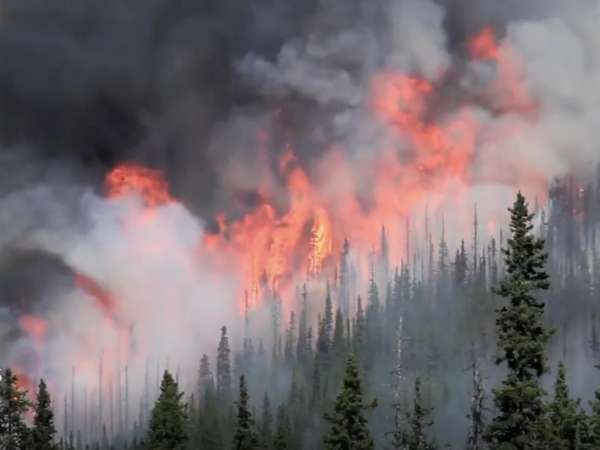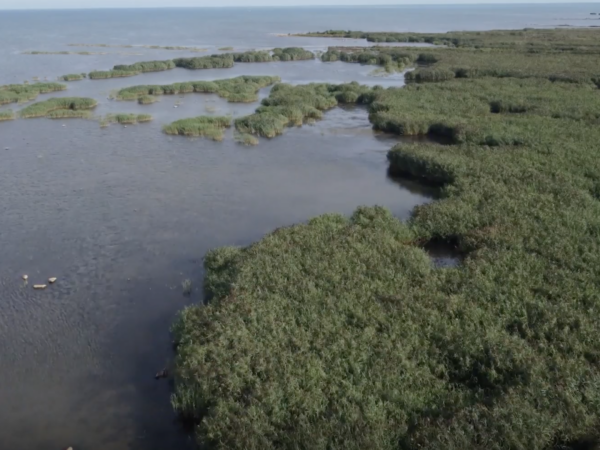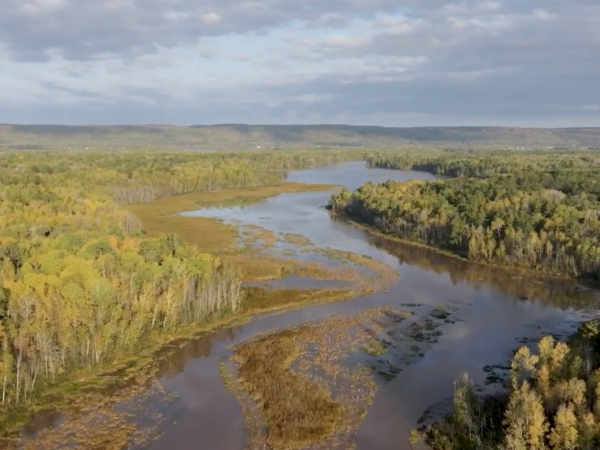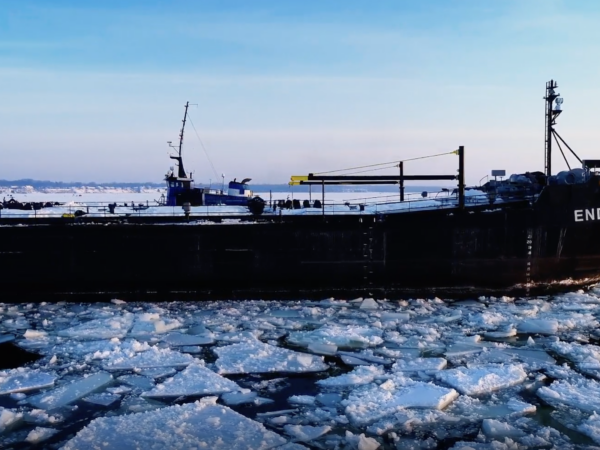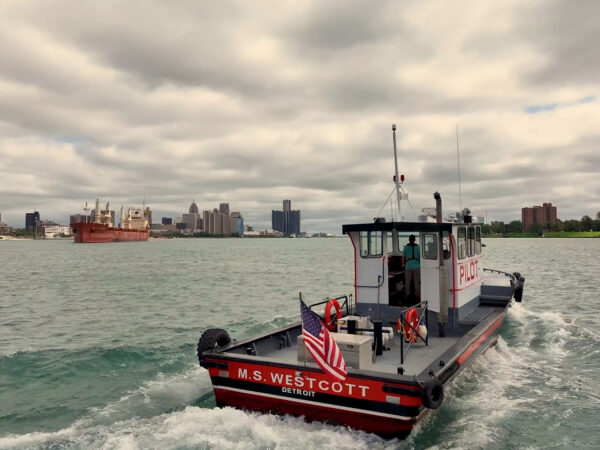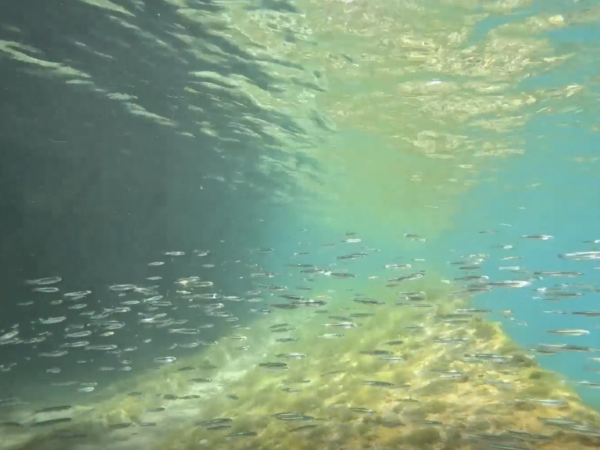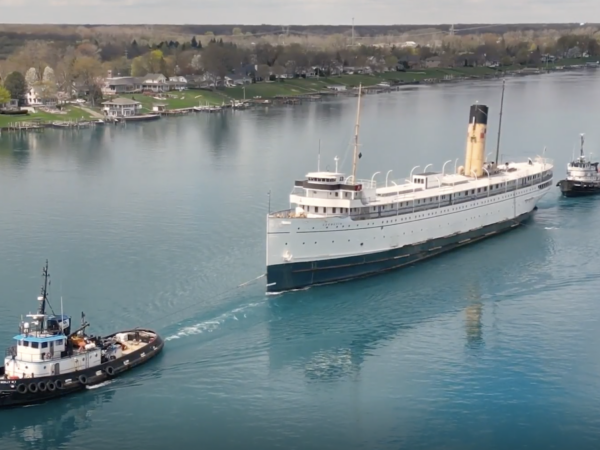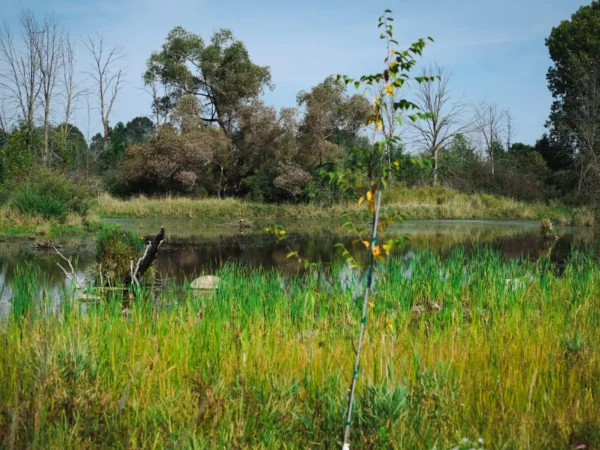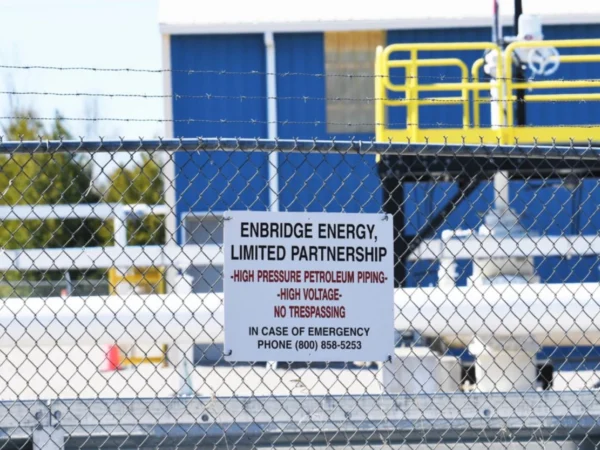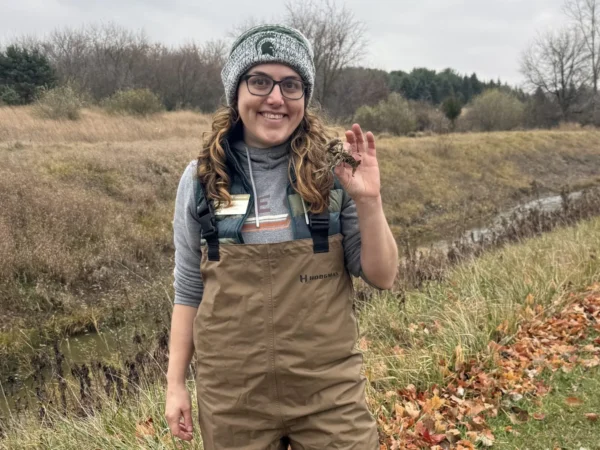One lakeside town struggles with PFAS pollution from a local Air Force base, while cities around the region race to remove and replace thousands of lead water pipes. And after a year-long delay, Great Lakes sailors head to the “2020” Olympics.
WHERE WE TAKE YOU IN MAY
Have a question about the Great Lakes or life in the region?
Ask Great Lakes Now, and if we can answer it, we might loop it into our coverage so others can learn too.
Submit Your Question
When to Watch?
Check your local station for when Great Lakes Now is on in your area.
Premiered on DPTV
Tuesday, May 25, at 7:30 PM
STATIONS CARRYING THE SERIES
DPTV
Detroit, Michigan
WEAO
Akron, Ohio
WNEO-TV
Alliance, Ohio
WCML-TV
Alpena, Michigan
WDCP-TV
Bad Axe, Michigan
BCTV
Bay County, Michigan
WBGU-TV
Bowling Green, Ohio
WNED-TV
Buffalo, New York
WCMV-TV
Cadillac, Michigan
WTTW-TV
Chicago, Illinois
WVIZ-TV
Cleveland, Ohio
WKAR-TV
East Lansing, Michigan
WQLN-TV
Erie, Pennsylvania
WCMZ-TV
Flint, Michigan
WGVU-TV
Grand Rapids, Michigan
WPNE-TV
Green Bay, Wisconsin
WGVK-TV
Kalamazoo, Michigan
WHLA-TV
La Crosse, Wisconsin
WHA-TV
Madison, Wisconsin
WNMU-TV
Marquette, Michigan
WHWC-TV
Menomonie-Eau Claire, Wisconsin
WMVS-TV
Milwaukee, Wisconsin
WCMU-TV
Mt. Pleasant, Michigan
WLEF-TV
Park Falls, Wisconsin
WNIT-TV
South Bend, Indiana
WCNY-TV
Syracuse, New York
WGTE-TV
Toledo, Ohio
WDCQ-TV
University Center, Michigan
WNPI-TV
Watertown, New York for Ontario signal
WPBS-TV
Watertown, New York for U.S. signal
WHRM-TV
Wausau, Wisconsin
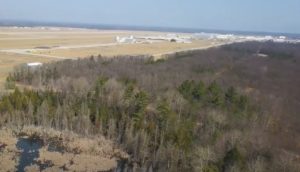
The former Wurtsmith Air Force base in Oscoda, Michigan is responsible for PFAS in groundwater in nearby communities. Great Lakes Now Photo
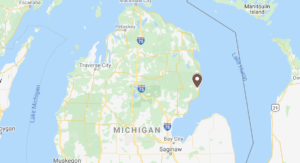
Decommissioned but Not Decontaminated
SEGMENT 1 | Oscoda, MI
Oscoda is a small town on the shores of Lake Huron in northeast Michigan. It was home to Wurtsmith Air Force Base until the base closed in 1993. On this base, like on more than 700 military bases around the country, training exercises included using firefighting foam, which then ran off the base and into the groundwater.
In 2010, testing revealed chemicals known as PFAS in the ground water at and near the former Wurtsmith base. PFAS stands for “per and polyfluoroalkyl substances,” which are also known as the “forever chemicals” because they don’t break down easily. This group of potentially harmful chemicals was used in firefighting foam and a variety of consumer products.
PFAS contamination has also been found in Van Etten Lake, which borders the former base. White foam containing high levels of PFAS forms on the lake’s surface, and residents are concerned about health risks for those who swim in the lake.
Testing also found PFAS contamination in Clark’s Marsh, a wetland adjacent to the base, where signs now warn people not to eat fish from the marsh, or waterfowl, or deer in the area.
The Department of Defense installed wells to extract and filter the groundwater, but many in the community worry that the wells only capture a fraction of the contamination. To date, the Air Force says it has spent almost $28 million dollars on the cleanup effort at Wurtsmith.
Here is other Great Lakes Now work on PFAS:
And check out our PFAS page here.
Getting the Lead Out
SEGMENT 2 | Milwaukee, WI; Detroit, MI; Chicago, IL; Galesburg, IL; Toronto, Ontario; Halifax, Nova Scotia
Most of us drink water out of the tap without thinking much about it. But, ever since Flint, Michigan caught the world’s attention, communities around the Great Lakes region have been taking a closer look at their drinking water.
What they have found is shocking, lead levels that are sometimes higher than Flint’s. The alarming numbers have prompted some cities to dig up old lead pipes and replace them. But the costs are enormous.
The number of households with drinking water delivered through lead pipes is staggering: up to 10 million homes. Multiply that number by 3 to 5 people per household and the number of people potentially drinking lead tainted water is somewhere in the neighborhood of 50 million or more.
The harmful effects of lead are well known. When consumed, it can damage childrens’ brains and nervous systems, stunt their growth and affect their ability to focus. Children with high levels of lead in their blood are more likely to drop out of school or have brushes with the law.
The Federal EPA sets the allowable limit of lead at 15 parts per billion (ppb). In Flint, some water samples were above 100 ppb. Some cities around the Great Lakes have found readings far beyond the numbers in Flint. At a house near Rockford, Illinois, the level was 2,700 ppb, while another home in a suburb south of Chicago had a reading of 5,300 ppb
Under the 1991 Federal Lead and Copper rule, if lead concentrations exceed 15 ppb, then municipal water departments must take action. They have to inform the public about steps they should take to protect their health and may have to replace lead service lines.
Water expert Seth Siegel who wrote the book “Troubled Water” says cities like Chicago can easily game the system. “The EPA allows cities of different sizes to test as infrequently as every three years for lead,” he says.
According to Siegel, under the rule, cities are only required to test up to 50 homes. “It allows municipalities to pick households in areas where there are no lead service lines at all,” said Siegel.
The only guaranteed solution is to remove the lead pipes, but costs are enormous. There could be help on the way soon for smaller communities that simply don’t have the resources or the money to get the job done. President Biden’s massive infrastructure bill calls for spending $45 billion to speed up the removal of lead service lines nationwide. Congress is scheduled to consider the bill in the weeks ahead.
Used on Website Landing Page. Include links to previous work and partner credit, if applicable.
Here is other Great Lakes Now work on lead pipes:
When the Road to Tokyo is on the Water
SEGMENT 2 | Detroit, MI, Miami, FL
Individually, Stephanie Roble and Maggie Shea had already won world championships and national titles before joining forces and earning the chance to represent the U.S. in the 2020 Olympics in Tokyo, but not long after they qualified, the pandemic hit, and the games were delayed for a year. Great Lakes Now host Ward Detwiler spoke with them as they prepared to go to the 2020 Olympics… in the summer of 2021.
Half a dozen Canadian sailors from Lake Ontario — mostly Toronto and Kingston — will represent their country at the Games.
Here is other Great Lakes Now work on outdoor recreation:
Featured Articles
Digital Credits
The Great Lakes Now Series is produced by Rob Green and Sandra Svoboda.


